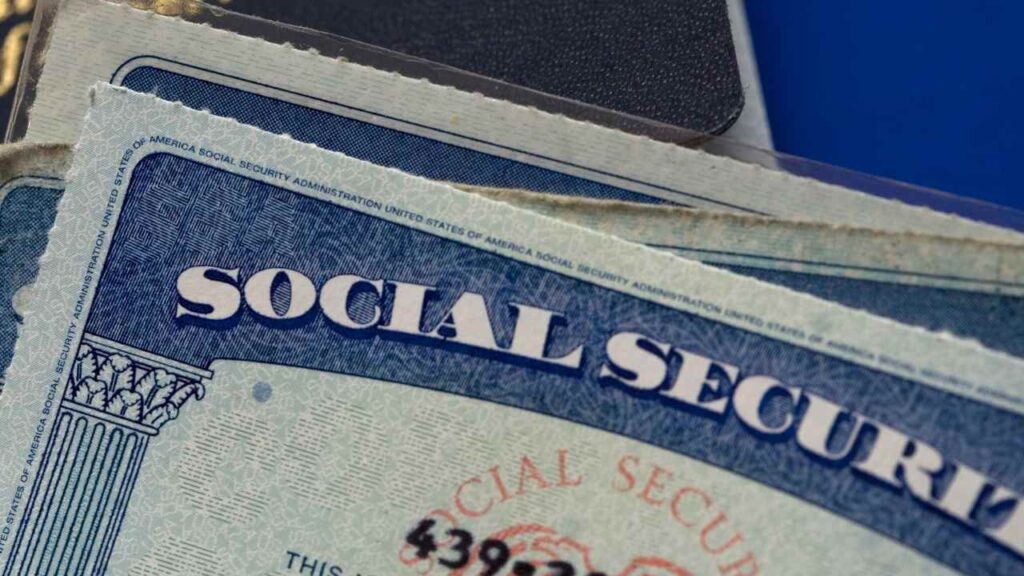As the federal government shutdown drags into its fourth week here in late October 2025, Americans across the country are feeling the pinch in all sorts of ways: from national parks sitting empty to federal workers going without paychecks, question keeps popping up for millions of retirees, disabled folks, and low-income families: What about my Social Security payment?
Is the shutdown going to mess with those November Social Security deposit? Well, let’s cut right to the chase—spoiler alert, it won’t. The Social Security Administration (SSA) has been crystal clear on this, and even as the political bickering shows no signs of letting up, those benefits are set to roll out just like clockwork.
The threat of the government shutdown to the Social Security payments
It all kicked off back on October 1, when Congress couldn’t hammer out a deal on the federal budget for the new fiscal year. You know how these things go—Democrats and Republicans pointing fingers over spending cuts, foreign aid, and healthcare subsidies, and before you know it, the government’s doors slam shut at midnight.
But when it comes to Social Security, the story’s different. Why? Because these payments aren’t funded through the annual appropriations that Congress is fighting over. They’re pulled from dedicated trust funds, built up over decades from payroll taxes. So, shutdown or no shutdown, the money’s there, and the checks (or direct deposits, more likely these days) keep coming.
What’s going on with the Social Security calendar
Take Supplemental Security Income, or SSI, for starters. That’s the program helping out folks with disabilities or super low incomes, and their November payment is actually dropping early—on October 31, to be exact. Now, before anyone panics, this isn’t some shutdown shenanigan; it’s just a calendar quirk. November 1 lands on a Saturday, so the SSA bumps it up to the last business day of October.
Some beneficiaries might even see two payments this month if their regular one hit on the first, but again, that’s standard procedure, not a sign of trouble. The agency wants everyone to know: Don’t worry, you’re not getting shortchanged; it’s all about avoiding weekend delays.
Other November retirement scheduled deposits
For the bulk of Social Security recipients—we’re talking retirees, survivors, and disabled workers—the schedule sticks to the usual rhythm based on your birthday, and it’s all pegged to the second, third, and fourth Wednesdays of the month for most folks who started getting benefits after May 1997.
So, if you were born between the 1st and 10th, expect your payment on Wednesday, November 12. Folks in the 11th to 20th group? Look for it on Wednesday, November 19. And those born later in the month, from the 21st to 31st, should see theirs on Wednesday, November 26.
If you happen to be one of the pre-1997 starters or you’re pulling in both Social Security and SSI, your deposit lands on the third of the month—November 3 this time around.
The maximum retirement benefits in November
If you retire at full retirement age of 67 (anyone born in 1960 or later), the absolute cap for new claimants now sits at $4,018 per month—a solid bump from last year. Wait until age 70 to file, and you’ll pocket the fattest possible check: $5,108 a month, up $108 from 2024 thanks to delayed retirement credits that add 8% per year past full retirement age.
Take benefits early at 62, though, and the ceiling drops sharply to $2,831 monthly—more than 30% less than the max at 67, reflecting the permanent reduction for claiming ahead of schedule. For those born in 1955 hitting full retirement at 66 years and 2 months, the top benefit lands at $3,822.
These figures matter more than ever as the tail end of the baby boom floods into eligibility—over 11,000 people turning 62 every single day in 2025—each facing the same high-stakes math: claim early and live with less, or hold off and cash in bigger down the road.
